The Bank of Lithuania has announced that it has updated its position on virtual assets and initial coin offering (ICO).
The updated stance aims to ensure a level playing field for all financial market participants and has taken into account current market developments and evolving regulatory regimes.
The central bank has substituted the term ‘virtual currency’ with ‘virtual asset’ and has clarified how and when virtual assets may be used for payment. It has also specified “when and how financial market participants may set up investment funds for investment in virtual assets.”
“[T]he updated position allows creating investment funds intended for professional investors that would invest in virtual assets,” it said. “Such funds are prevalent in other countries; having completed the notification process, their investment units may be marketed in Lithuania.”
That said, the bank clarified that financial market participants should not participate in activities or provide services associated with virtual assets. As such, financial market participants are prohibited from receiving payments in virtual assets, issuing virtual asset loans, or accepting virtual assets as collateral (except for cases where virtual asset tokens are considered to be securities).
The central bank, however, added that financial market participants may hold a small quantity of virtual assets for the purposes of using blockchain technology in their activities.
According to an FAQ published by the Bank of Lithuania:
“The position also states that an FMP [financial market participant] may provide services to customers engaged in activities associated with virtual assets. When providing services, an FMP must ensure that the requirements of legal acts implementing prevention of money laundering (ML) and terrorist financing (TF) are complied with and respective measures for the ML/TF risk management are taken.”





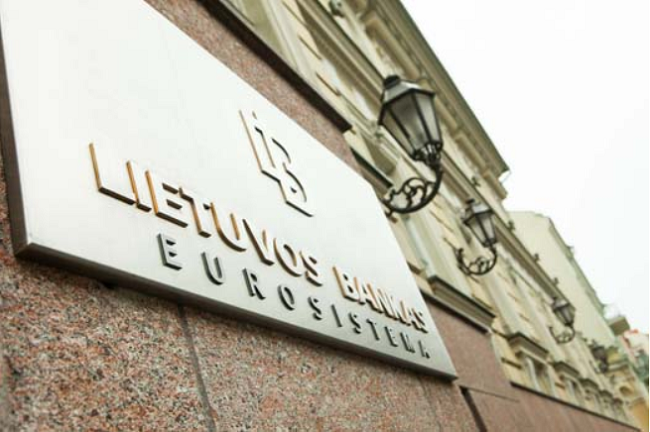





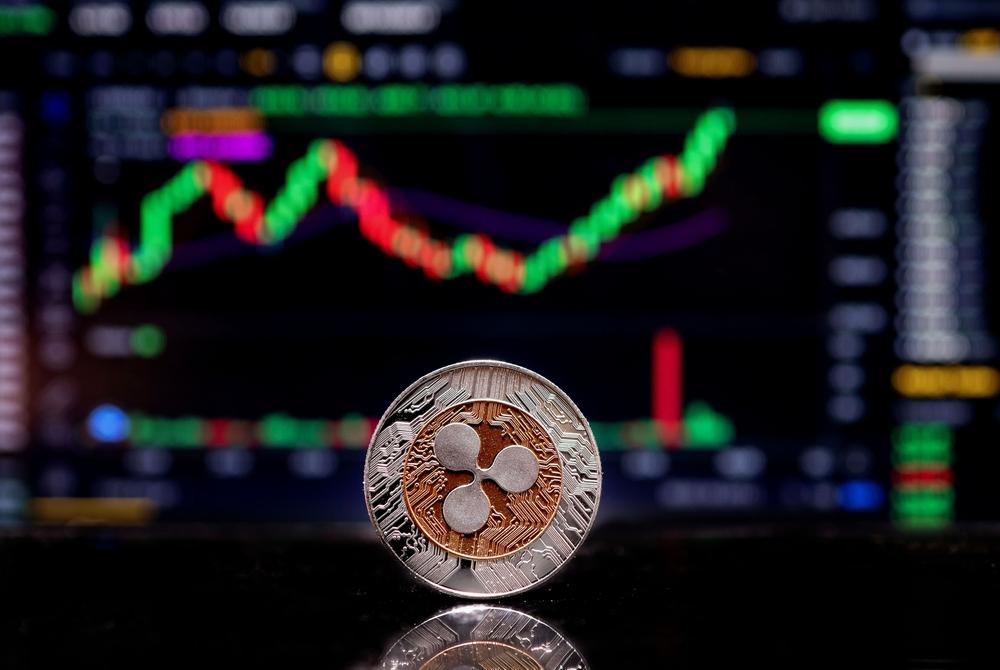




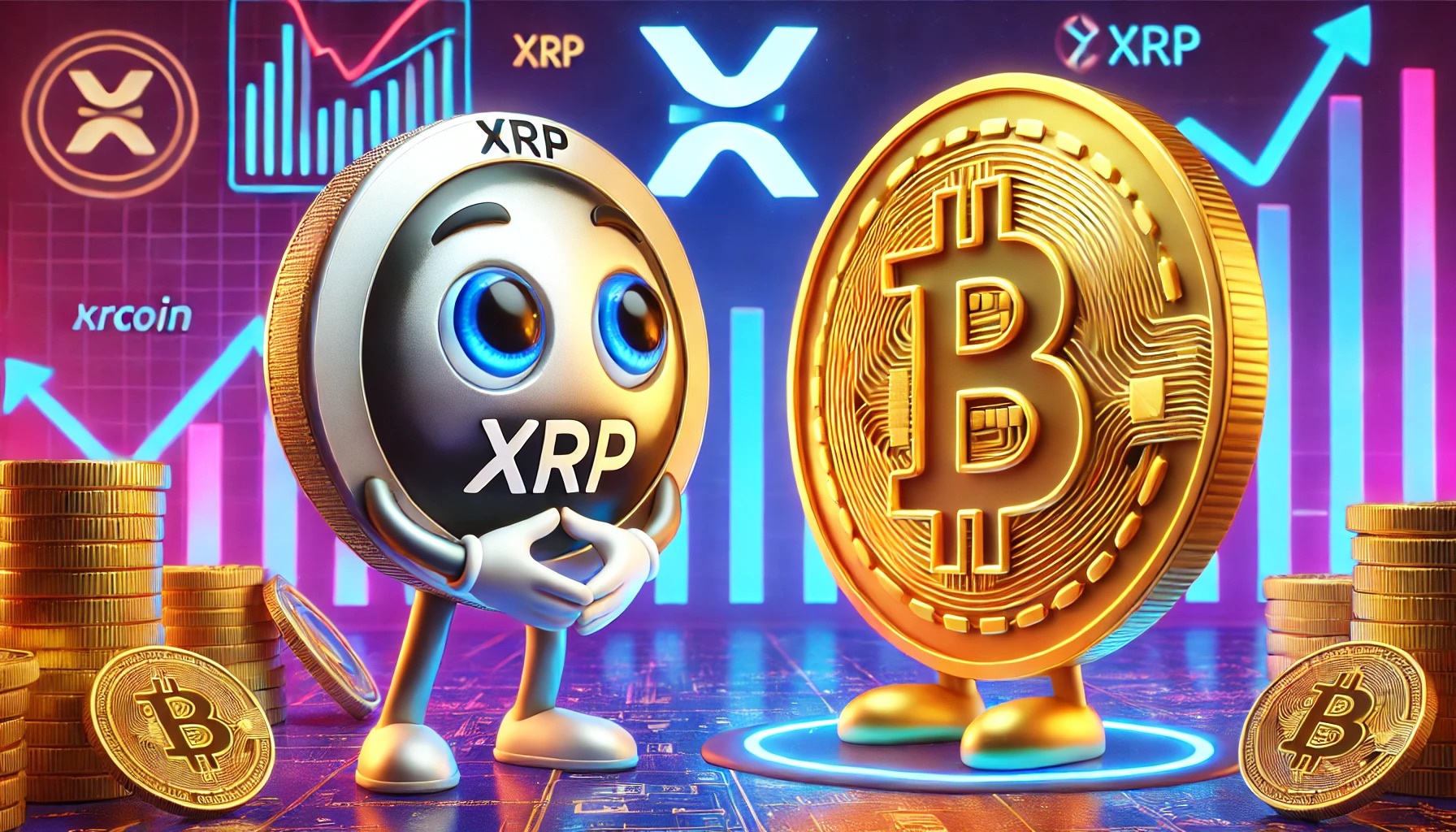

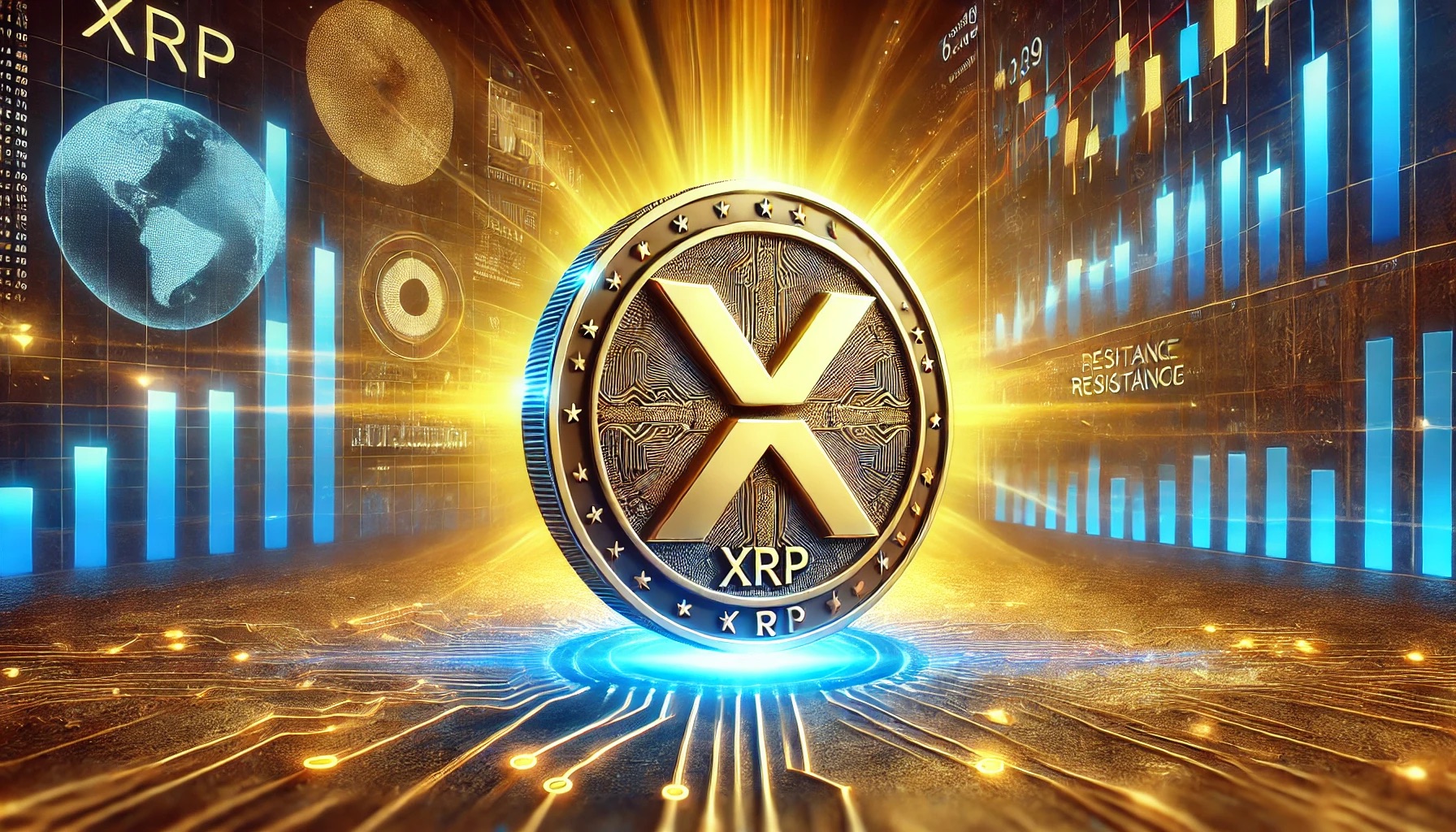



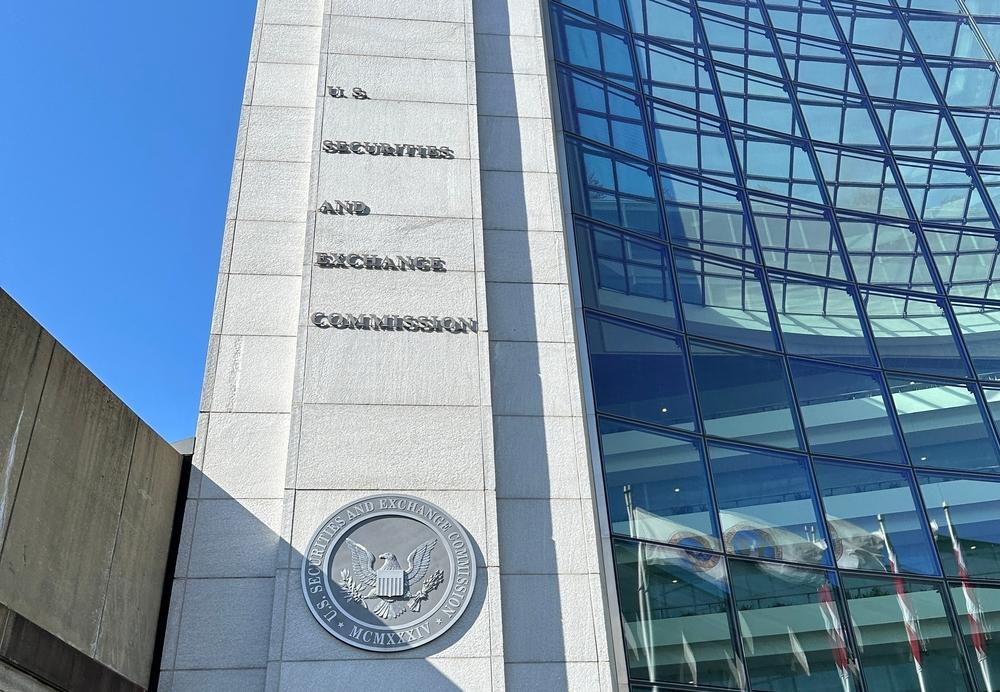


Comment 0